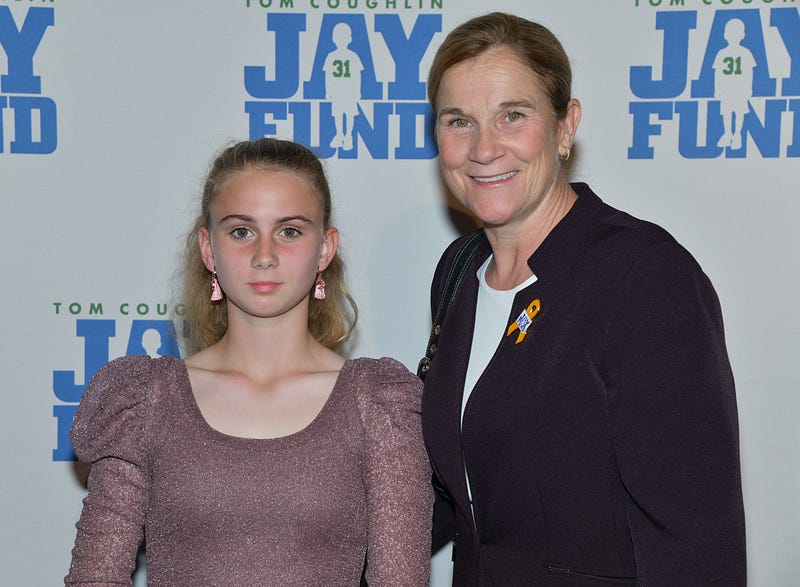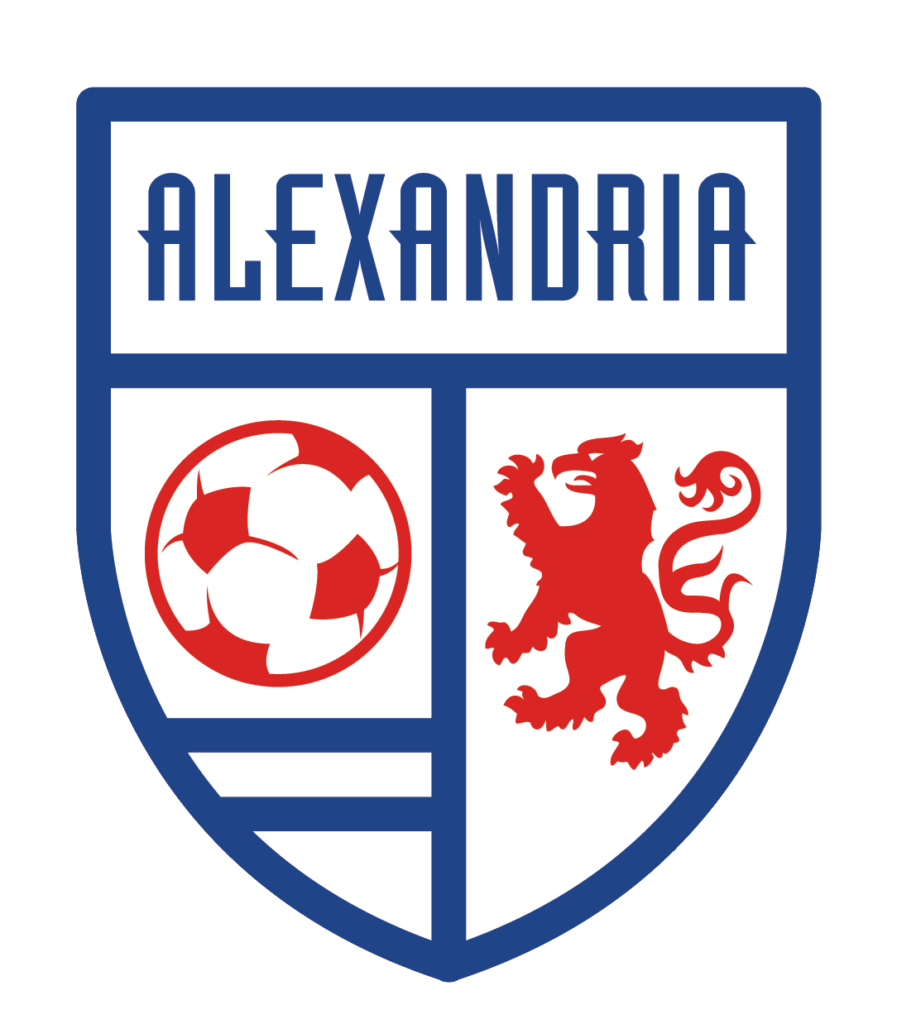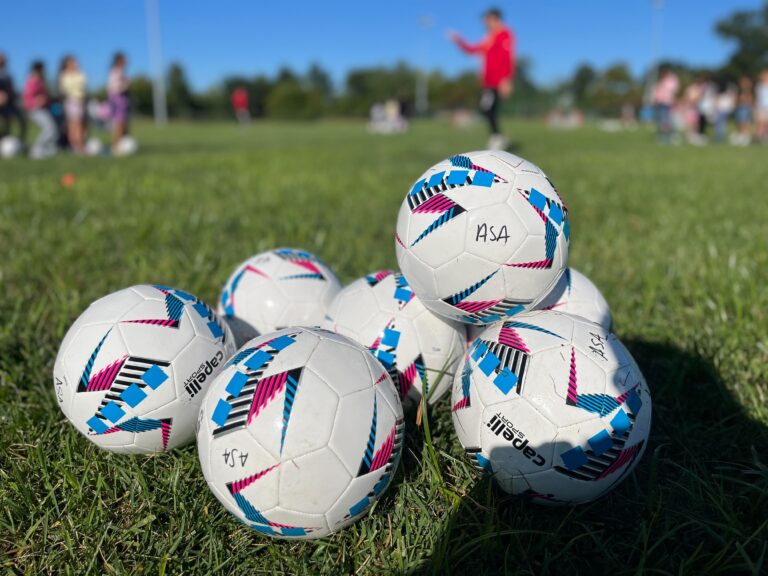Charlotte Hart, a 2006 Academy player, got to sit down with Jill Ellis last week in New York. Read her interview with the championship coach below.
This past weekend, I had an incredible opportunity to talk to a 2X Super Bowl winning coach and a 2X World Cup winning coach of the US Women’s Soccer team. NFL Coach Tom Coughlin and US Women’s Soccer Coach Jill Ellis were in New York City raising money for the Tom Coughlin Jay Fund Foundation to help families tackling childhood cancer. But before their evening got underway, they took a bit of time to answer some questions I compiled from other players and coaches. I was excited by Coach Coughlin’s answer to my question about whether or not we will see a cross over of soccer players to the NFL. Maybe we will see Carlie Lloyd and Harry Kane playing the U.S. version of football!
Jill Ellis (JE): How’s your soccer season been going?
Charlotte Hart (CH): It’s been going fine, thank you. So here is my first question, why is leadership important?
JE: Well gosh, I think you have to have someone who has a direction, that has a plan. I think for me, the 311 of leadership is connection, direction, and reflection, which means you get to know the people around you so you can invest in them and get the best out of them. It’s about having a plan of where you want to go, and I think the final part of being a leader is that you always want to look back and grow on what you’ve done and on the decisions you’ve made.

CH: What are things girls my age can start doing to get better with their left foot?
JE: With the left foot (laughs)? It’s a great question because I think there’s definitely a deficit of players with left feet. I mean, I think to be a two footed player means making sure you’re balanced in what you’re doing. The activities you do on your left, you should do on your right. So for example, when Alex Morgan goes out and shoots, she is naturally left footed. She’ll work on her left foot then she’ll go out and do the same shots on her right. So it’s just making sure there’s a balance in what you do so you continue to refine both.
CH: How far did you think you would take your coaching career?
JE: How far did I think I’d take it? I never really intended to be a coach. I think when I came out of college, I went on to pursue a degree and then I went after a career in business and it was almost by default that I suddenly realized that this was my passion and what I wanted to do. I’d say that when I was a young coach, I didn’t think I’d be coaching a senior national team. I think I was watching a game one time, and it was the Olympics, and I was like, gosh that would be something, I would love to do that. And that kind of gave me thoughts of doing this, but initially, I didn’t really think I was going to be a coach. But its been fantastic. I love it.
CH:What did it feel like to win two World Cups?
JE: It’s unreal to be honest. I love what I do and it’s a tremendous honor to be with this team. I think the first time around you kind of pinch yourself, and then the second time around we planned and prepared so much that it really was a goal for us. I just feel really blessed and lucky to be able to do what I do. I think when you find a job that you love it becomes less work and more of just a passion you’re following and that’s exactly what I’ve been able to do.
CH:Why should a player or coach use her platform to give back?
JE: I think when you get into this sport you’re very much about trying to advance and do things and see your team succeed, but I think you reach a point when you realize there’s more than just routine; there’s more than just yourself; there’s the whole game. And, I think this game has given the people that have been involved so much — the family, the friendships — it’s not just a career to me. It’s been something that’s inspiring. I think when you have an opportunity to pay it forward and really try and give opportunity to others or promote the game or raise the game, I think that’s so important.
JE: Why do you play soccer?
CH: Because I love it. It’s a really fun sport to play.
JE: What do you love about it?
CH:The teamwork that’s involved, and when you score a goal, it feels amazing.
JE: Cool. Awesome. That’s why you should play it, because you love it. For sure.
CH: What mental technique or approach are you using to maintain a high level of focus?
JE: When you come into this team, when you come into this environment, it is very challenging. You’re right away getting used to being in a pressure cooker, so for a lot of the players, I think it’s the reassurance that they belong. It’s reassuring them they are good enough. I think, as a coach, what I try to do is help players believe that they are ready for that moment, that they are prepared for that moment, and just make certain that the players feel good and believe in what they are doing.
CH: Thank you Coach Ellis. Hi Coach Coughlin.
Tom Coughlin (TC): Hi Charlotte. How are you?
CH: Fine, thank you. What is the most important characteristic a player from any sport should develop?
TC:I think what’s missing, today, with most of these guys who are coming along, is the idea of team. They are very interested in who they are. Their agents are interested in posing that they are individual dynamic stars long before it ever happens, and yet they don’t understand that it takes 11. So the concept of team is very important.
CH: Why is it important for players to give back?
TC: It’s important for players to give back because of the idea of balance. What are they? Are they all strictly I, I, I or do they understand their responsibility. An athlete has a certain God-given skill that he or she has developed and worked hard on over time. But the idea that she or he would share some of her or his experiences with the less fortunate, that’s a very good thing. Plus it keeps you humble. The most important thing in life, I believe, is a spoonful of humility.
CH: Do you think we will ever see a soccer player, male or female, become a punter in the NFL?
TC: Absolutely. Soccer players are all over the place in the NFL right now. Not as many punters, but that doesn’t mean they can’t.
Thank you Charlotte! How very cool. We are impressed with your interview skills and appreciate you taking the time to interview these amazing coaches.


